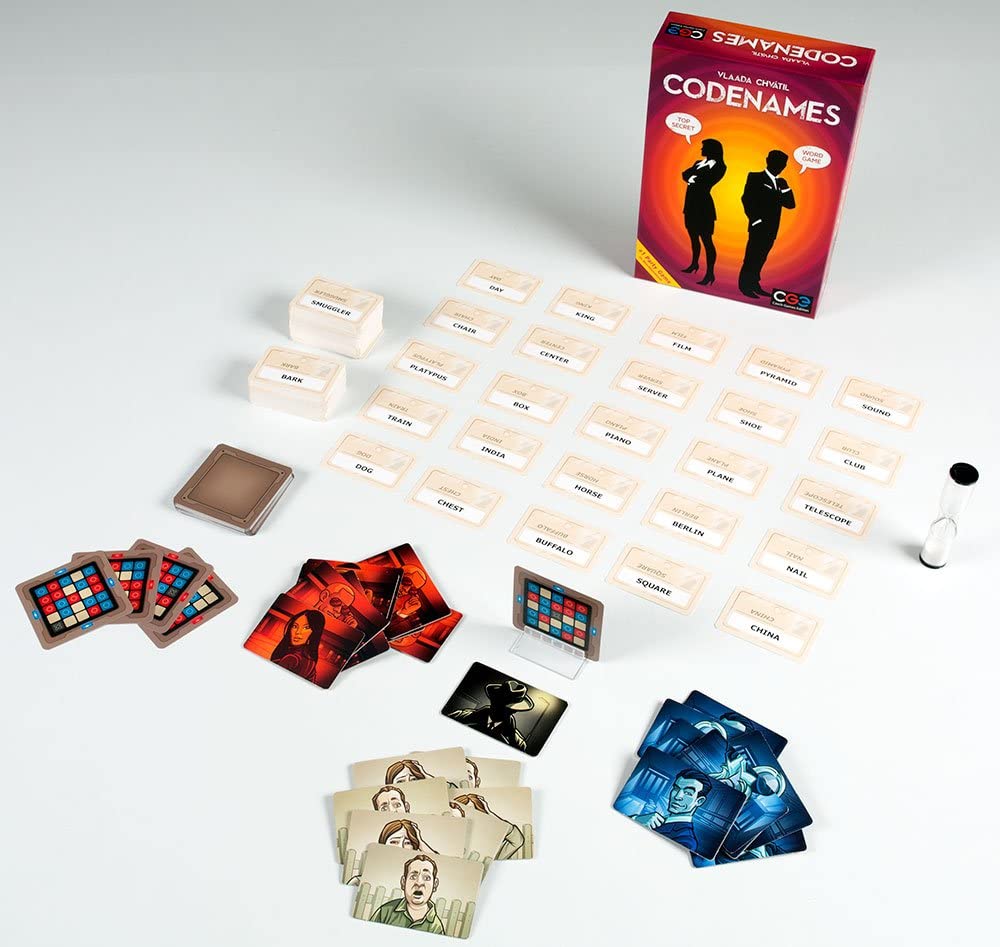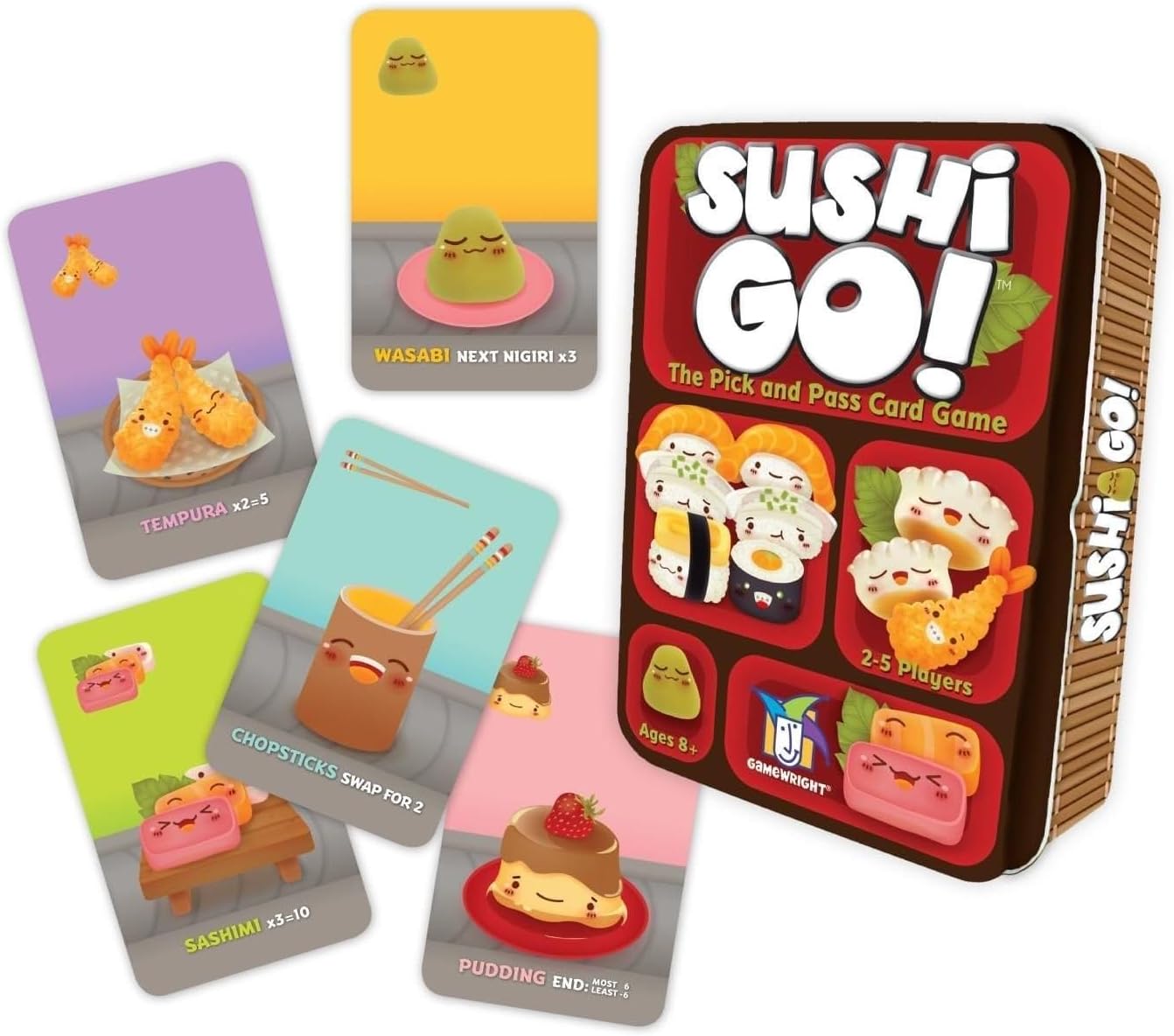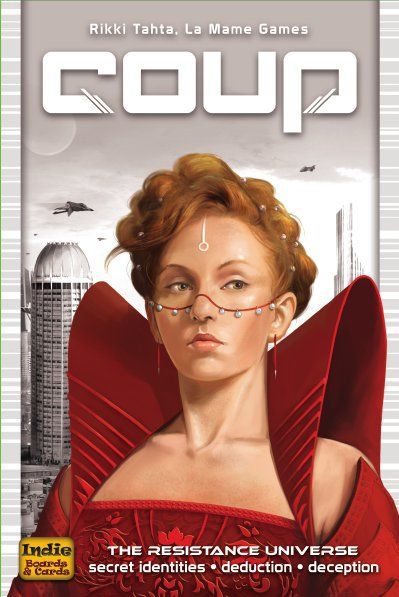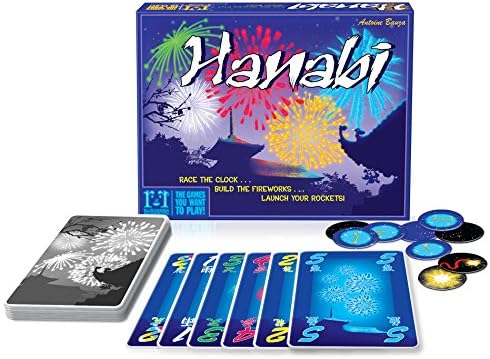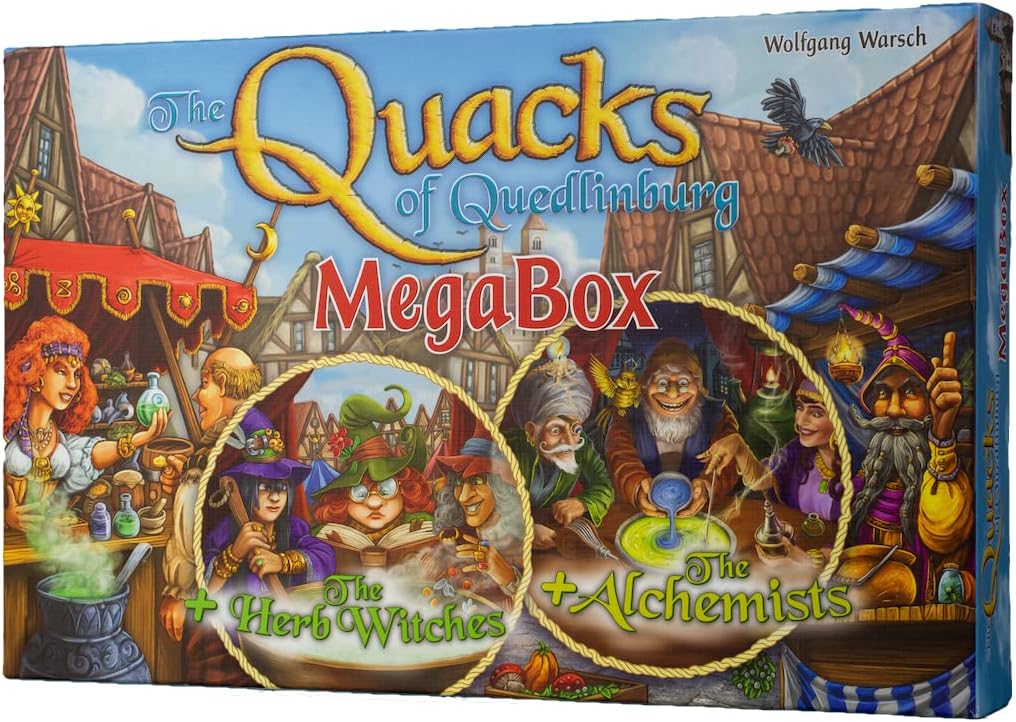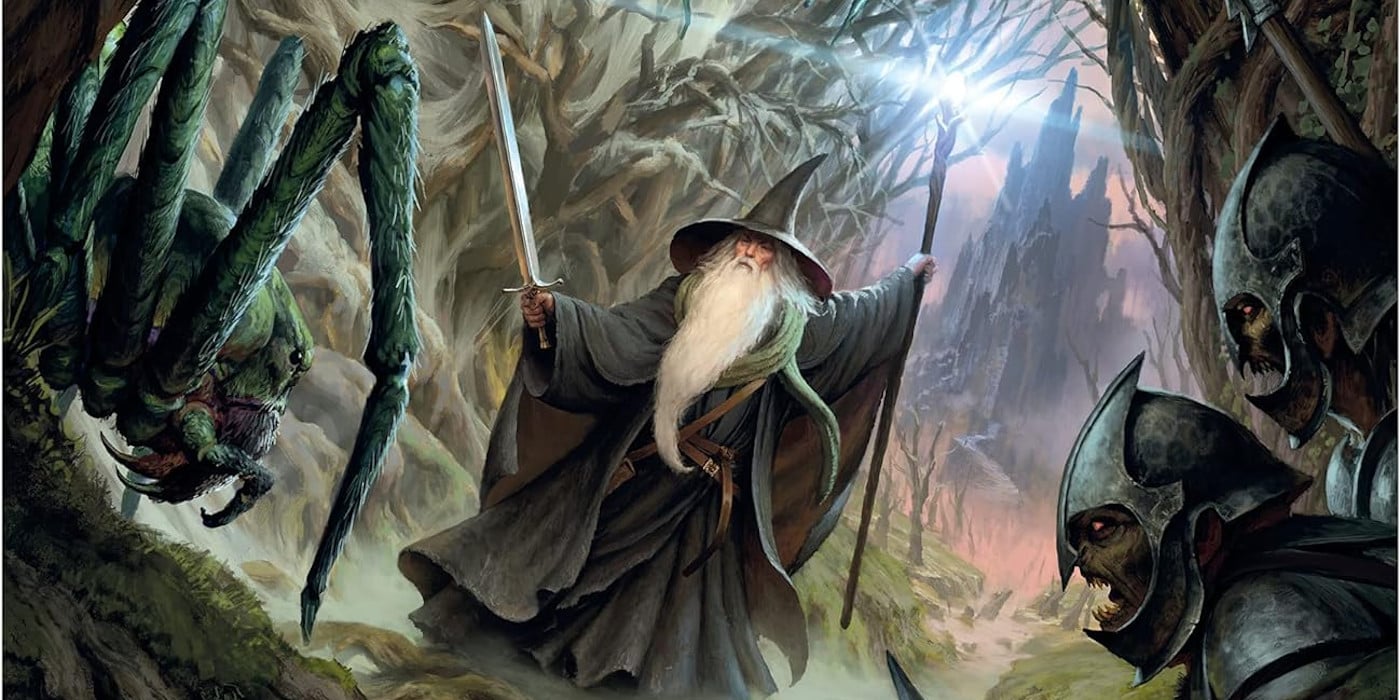Five Games That Take Only Minutes To Learn, But Years To Master
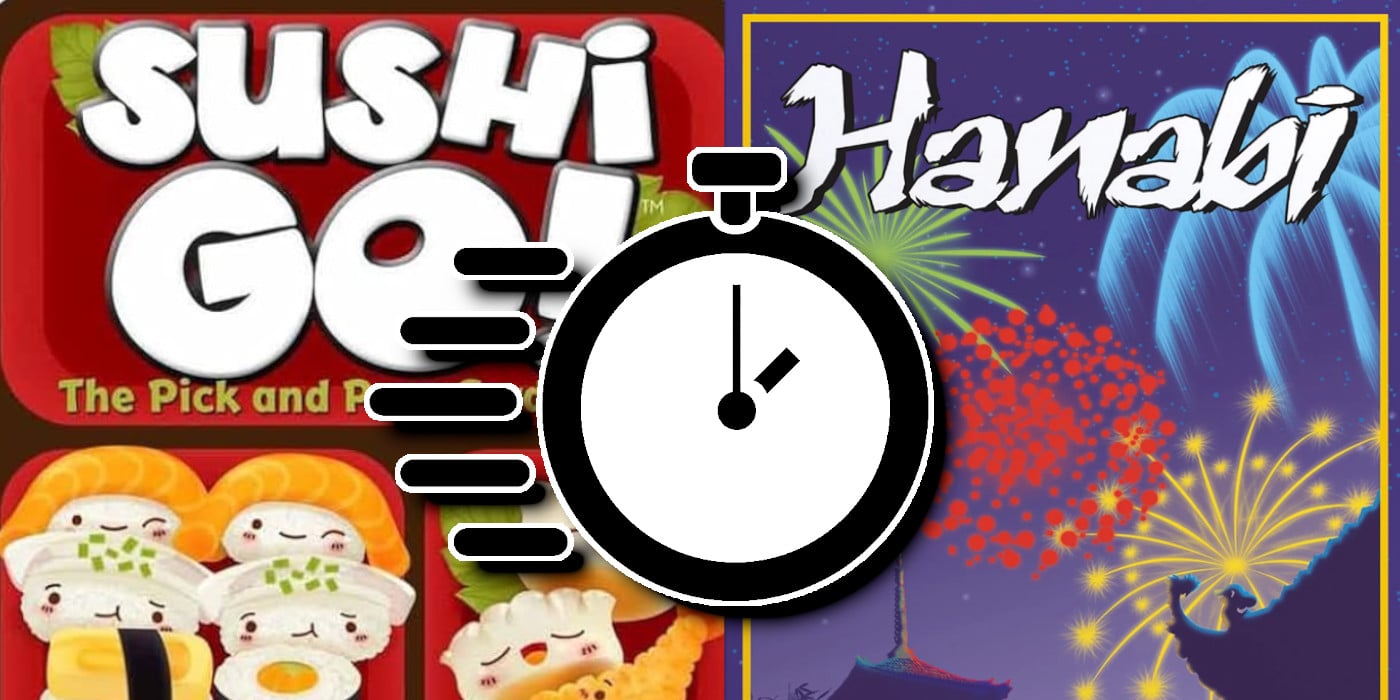
We’ve all seen the rulebooks that look like an excerpt from The Silmarillion. But quick to learn board games can be just as fun to play.
Codenames
Codenames will probably forever be one of my favorite quick to learn board games. It’s a great intro to modern board gaming for someone who has only just been playing Clue with their great aunt this whole time.
In Codenames, players get into two teams. One member from each team is the spymaster. They want to have the rest of their team guess the correct words from the grid, but they are only allowed to say a single word. The idea is this word should somehow relate or connect to multiple words on the grid. With clever and creative thinking, Codenames allows for some very exciting Ah ha!’ moments.
Sushi Go!
Sushi Go! is mostly just a game about set matching. Players score points by collecting different pieces of sushi or dumplings and other similar things you might find in a sushi restaurant. Each type of card scores in slightly different ways, but often score big points if you complete a set. It’s a game about weighing if you should take the safe bet, or hope for lucky pull later for major points.
There is a slight amount of math during scoring, but there’s even apps to help with that. While you’re playing, you don’t need to worry about any of that. Just grab what feels right! Totemo Oishii!
Coup
Coup is another one of my go-to quick to learn board games. In Coup, each player starts with two hidden cards. Each card can have one of several different roles on it. Each role grants the player to use that role’s power to collect money from the bank, steal money from other players, swap their roles for a different one, or assassinate another other or prevent that assassination.
But, since all cards are hidden, players are encouraged to lie about which roles they truly have. It’s a game about being able to read your opponent and determine if they assassin they are sending after you is actually an assassin at all! The game plays in maybe 10 minutes, so it’s one you’ll to excited to play multiple times in a single night.
Hanabi
Hanabi is ultimately a cooperative memory game. Each player has a hand of cards. These cards have both a color and a number — think Uno. The goal of the players is to work together to play cards in the correct numbered order and sorted by color. But here’s the catch, players can’t/don’t/won’t look at their own cards at all during the game.
The only way to know which cards you have is by clues offered up the other players. So another player might tell you that “You have 2 green card in your hand.” or “The two cards on your left are 3s”. So, though memory, rearranging their hand, and some amount of blind luck, players will work together to get these cards sorted correctly.
The Quacks of Quedlinburg
In Quacks of Quedlinburg, players are trying to sell potions, maybe to knights who going into battle. But the potion recipes are mostly just whatever you pull out of your bag at the moment.
Each player will have to decide if they want to push their luck to make a bigger and better potion, or if it might become too strong for these travelers and blows up in their face. Remembering what ingredients are left in your bag, and how likely your next pull might just make your strongest potion is key in Quacks.
BoLS might make a few bucks on anything you buy from these links. But, be honest, you don’t enjoy randomly browsing online stores. So let us do the annoying part for you. Help us help you.

